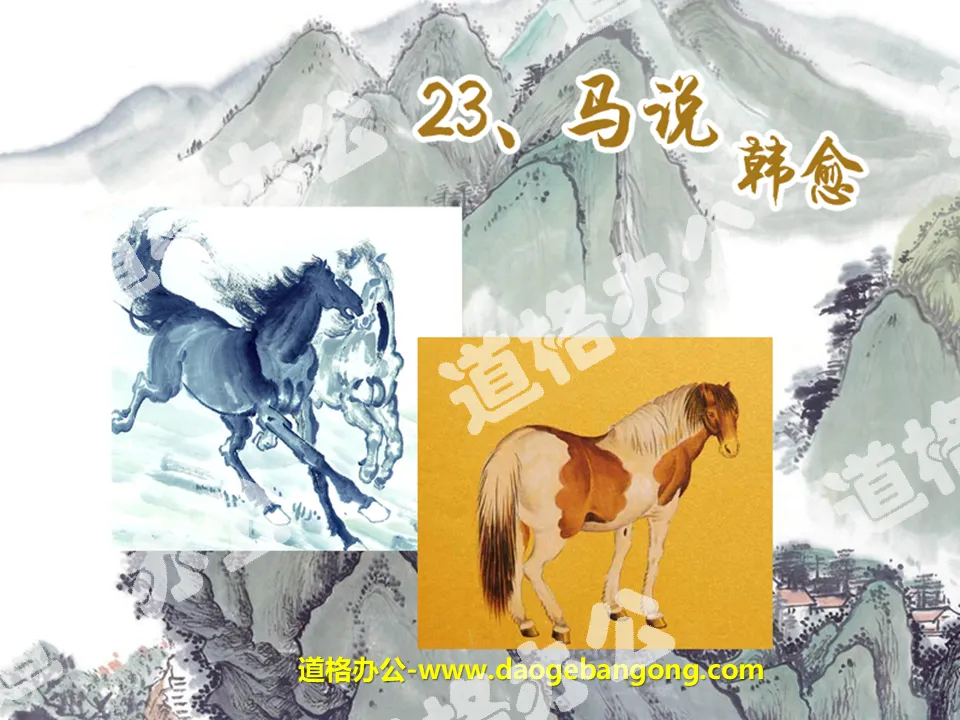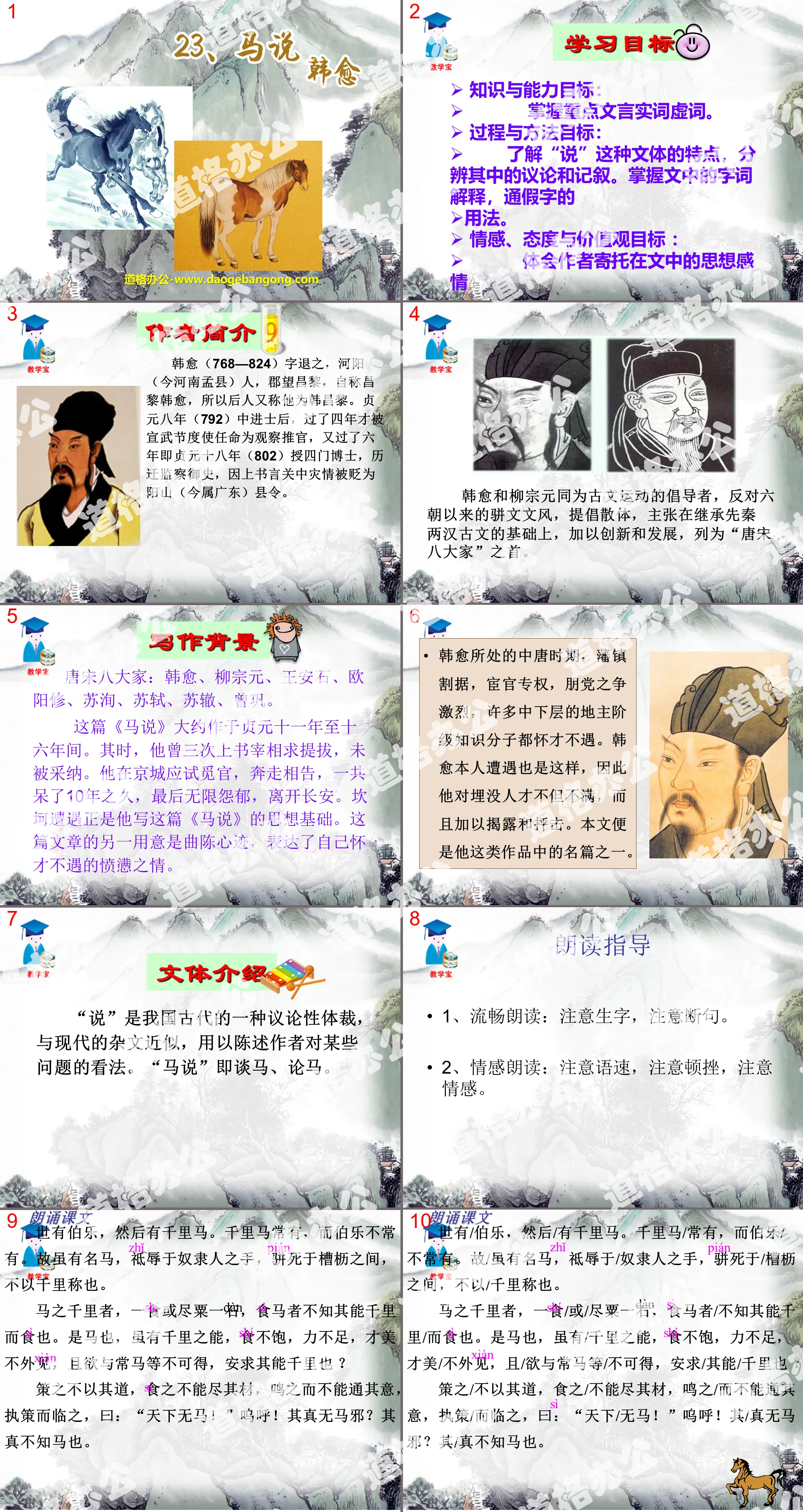The second volume of first-grade Chinese compiled by the People's Education Publishing House
The second volume of fifth-grade Chinese compiled by the People's Education Publishing House
The first volume of Chinese language for eighth grade compiled by the People's Education Publishing House
The first volume of first-grade Chinese compiled by the People's Education Publishing House
The first volume of ninth-grade Chinese compiled by the People's Education Publishing House
The first volume of fourth-grade Chinese compiled by the People's Education Publishing House
The first volume of Chinese language for sixth grade compiled by the People's Education Publishing House
The second volume of Chinese language for eighth grade compiled by the People's Education Publishing House
The first volume of Chinese language for fifth grade compiled by the People's Education Publishing House
The first volume of second-grade Chinese compiled by the People's Education Publishing House
Hunan Education Edition Third Grade Chinese Language Volume 1
The second volume of fourth-grade Chinese compiled by the People's Education Publishing House
The first volume of third-grade Chinese compiled by the People's Education Publishing House
The second volume of second-grade Chinese compiled by the People's Education Publishing House
The second volume of Chinese language for sixth grade compiled by the People's Education Publishing House
The second volume of seventh-grade Chinese compiled by the People's Education Publishing House

| Category | Format | Size |
|---|---|---|
| People's Education Edition Chinese Language for Eighth Grade Volume 2 | pptx | 6 MB |
Description
"Horse Talk" PPT Courseware 5
learning target
Knowledge and Competency Objectives:
Master key content words and function words in classical Chinese.
Process and method objectives:
Understand the characteristics of the literary style of "shuo" and distinguish the discussions and narratives in it. Master the explanations of words in the text and the usage of Tongqi characters.
Emotions, Attitudes and Values Goals:
Understand the author’s thoughts and feelings placed in the text
About the Author
Han Yu (768-824), also known as Tuizhi, was born in Heyang (now Mengxian County, Henan Province), and the commander of the county was Changli. He called himself Changli Han Yu, so later generations also called him Han Changli. After becoming a Jinshi in the eighth year of Zhenyuan (792), it took four years before he was appointed as an observation and promotion officer by the Xuanwu Jiedushi. Another six years later, that is, in the eighteenth year of Zhenyuan (802), he was awarded a doctorate in four disciplines and moved to the imperial censorship. In history, he was demoted to the county magistrate of Yangshan (now Guangdong) because he wrote a letter to complain about the disaster in Guanzhong.
writing background
Eight Great Masters of Tang and Song Dynasties: Han Yu, Liu Zongyuan, Wang Anshi, Ouyang Xiu, Su Xun, Su Shi, Su Che and Zeng Gong.
This "Ma Shuo" was written approximately between the eleventh and sixteenth years of Zhenyuan. At that time, he wrote to the prime minister three times asking for promotion, but was not accepted. He took exams in the capital to find an official position, and kept telling everyone about it. He stayed there for a total of 10 years, and finally left Chang'an with endless resentment. The ups and downs were the ideological basis for his writing of "Horses". Another purpose of this article is to express my feelings and resentment at not being recognized for my talents.
Reading guide
1. Read aloud fluently: pay attention to new words and sentence fragmentation.
2. Emotional reading: pay attention to the speaking speed, the pauses, and the emotion.
overall perception
The first level (paragraph 1) explains Bole’s decisive role in Chollima’s fate;
The second level (paragraph 2) reveals the fundamental reason why Chollima was buried;
The third level (paragraph 3) summarizes the full text. Taunting the horseman.
Question exploration
1. This article is about a thousand-mile horse. Is the author just talking about "horses"? What is your intention in writing?
2. Tell us about the author’s thoughts and feelings through the experience of the “Thousand-Li Horse” not meeting “Bole”?
Class exercises
1. "Ma Shuo" is an article ( ) written by ( ) (dynasty) ( ) (name). The article is short and concise, and the ( ) technique is used throughout.
2. The author of "Ma Shuo" is named ( ), a famous ( ) writer in the Tang Dynasty. His works are included in " ".
Keywords: Ma Shuo courseware PPT, New People's Education Edition eighth grade Chinese PPT courseware download, eighth grade Chinese slide courseware download, Ma Shuo PPT courseware download, .PPT format
For more information about the "Ma Shuo" PPT courseware, please click the "Ma Shuo ppt" tab.
"Horse Talk" PPT courseware download:
Download PPT courseware of "Horse Theory" Part One: Introduction to the author Han Yu (768824), a writer and philosopher in the Tang Dynasty. The word retreats. A native of Heyang (now Meng County), Henan, the county is named Changli, and is known as Han Changli in the world. Because he was the minister of the Ministry of Officials, he was also called the Ministry of Officials of Han. Posthumous title document, also known as...
"Horses Said" PPT teaching courseware:
"Horses Said" PPT teaching courseware Part 1: Learning objectives: 1. Master the usage of main content words and function words in the passage. 2. Understand the profound truth clarified in the short article "Horse Theory" and understand the author's indignation at the ancient feudal rulers who suppressed and destroyed talents. 3..
"Horse Talk" PPT download:
"Horse Said" PPT Download Part One: New Lesson Introduction Can you tell a few four-character idioms containing the word "horse"? The horse does not stop, the horse succeeds, the horse's head is looking forward, the horse is released to the south, splashing water in front of the horse, the horse is thin and long, the horse is flat, the horse is difficult to catch up, the horse is watching the flowers, the horse is fast...
File Info
Update Time: 2024-11-21
This template belongs to Chinese courseware People's Education Edition Chinese Language for Eighth Grade Volume 2 industry PPT template
"Horse Talk" PPT Courseware 5 Simple campus recruitment activity planning plan summary enterprise and institution recruitment publicity lecture PPT template is a general PPT template for business post competition provided by the manuscript PPT, simple campus recruitment activity planning plan summary enterprise and institution recruitment promotion Lecture PPT template, you can edit and modify the text and pictures in the source file by downloading the source file. If you want more exquisite business PPT templates, you can come to grid resource. Doug resource PPT, massive PPT template slide material download, we only make high-quality PPT templates!
Tips: If you open the template and feel that it is not suitable for all your needs, you can search for related content "Horse Talk" PPT Courseware 5 is enough.
How to use the Windows system template
Directly decompress the file and use it with office or wps
How to use the Mac system template
Directly decompress the file and use it Office or wps can be used
Related reading
For more detailed PPT-related tutorials and font tutorials, you can view: Click to see
How to create a high-quality technological sense PPT? 4 ways to share the bottom of the box
Notice
Do not download in WeChat, Zhihu, QQ, built-in browsers, please use mobile browsers to download! If you are a mobile phone user, please download it on your computer!
1. The manuscript PPT is only for study and reference, please delete it 24 hours after downloading.
2. If the resource involves your legitimate rights and interests, delete it immediately.
3. Contact information: service@daogebangong.com
"Horse Talk" PPT Courseware 5, due to usage restrictions, it is only for personal study and reference use. For commercial use, please go to the relevant official website for authorization.
(Personal non-commercial use refers to the use of this font to complete the display of personal works, including but not limited to the design of personal papers, resumes, etc.)
Preview










